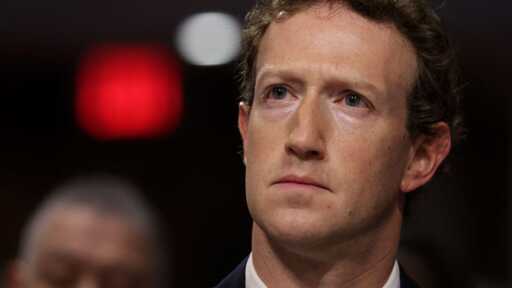Why Mark Zuckerberg wants to redefine open source so badly
-
-
I have some Aladeen news for you my friend
-
-
No, because that would no longer be open in the open source sense.
It's either open for everyone, or it isn't open.
-
You’re right. I forgot about the lawsuit and settlement (for $65m). They’re both frauds.
-
-
And that’s literally what the article says lol I don’t know why you were downvoted.
Emily Omier, a well-regarded open-source start-up consultant, emphasized that open source is a binary standard set by the Open Source Initiative (OSI), not a spectrum. "Either you're open source, or you are not.
-
-
His "idea" was about how to monetize a concept already in existence on MySpace, by completely ignoring any ethical constraints. That, and a snobbery-based product launch through the Ivies.
-
-
-
-
-
He is definitely in the same list as Trump and Elon Musk.
-
-
PostgreSQL is not built on top of the data you host in your db. It's not a valid comparison.
-
Open source software doesn't, by definition, place restrictions on usage.
The license must not restrict anyone from making use of the program in a specific field of endeavor.
Clauses like "you can use this software freely except in specific circumstances" fly against that. Open source licenses usually have very little to say about what the software should be used for, and usually just as an affirmation that you can use the software for whatever you want.
-
Open source software can be sold at different prices to different customers, and still remain open source. Open source software can also be sold only to certain types of customers, and still remain open source. Who the developer decides to sell or distribute the software to, and at what price, is unrelated to how the software is licensed.
However, because the Open Source Definition prohibits open source software licenses from discriminating against "any person or group of persons", the customers who buy open source software cannot be restricted from reselling or redistributing the software to any other individual or organization.
-
Right, which means that you practically cannot give open source software for free to non-corporations while selling it to corporations while still being fully open source, as the corporations can simply get it for free from any non-corporation.
-
If you are referring to licenses that prohibit commercial use or prevent certain types of users from using the software, those licenses are not open source because they "discriminate against any person or group of persons".



